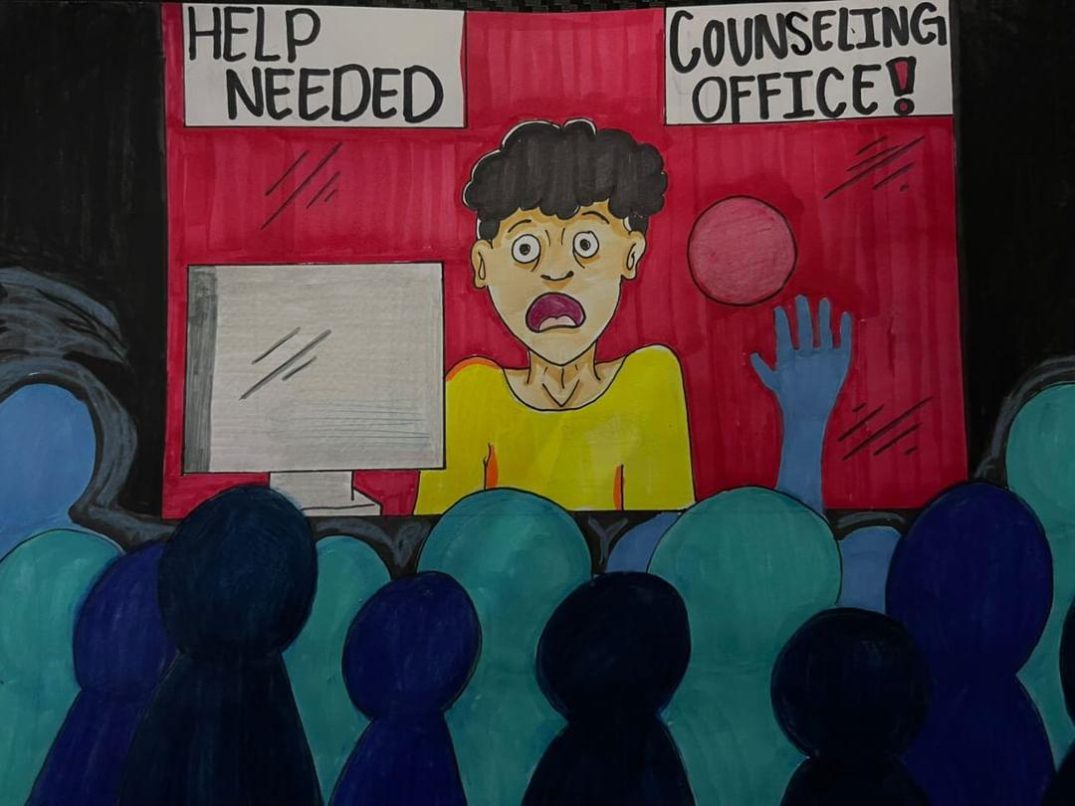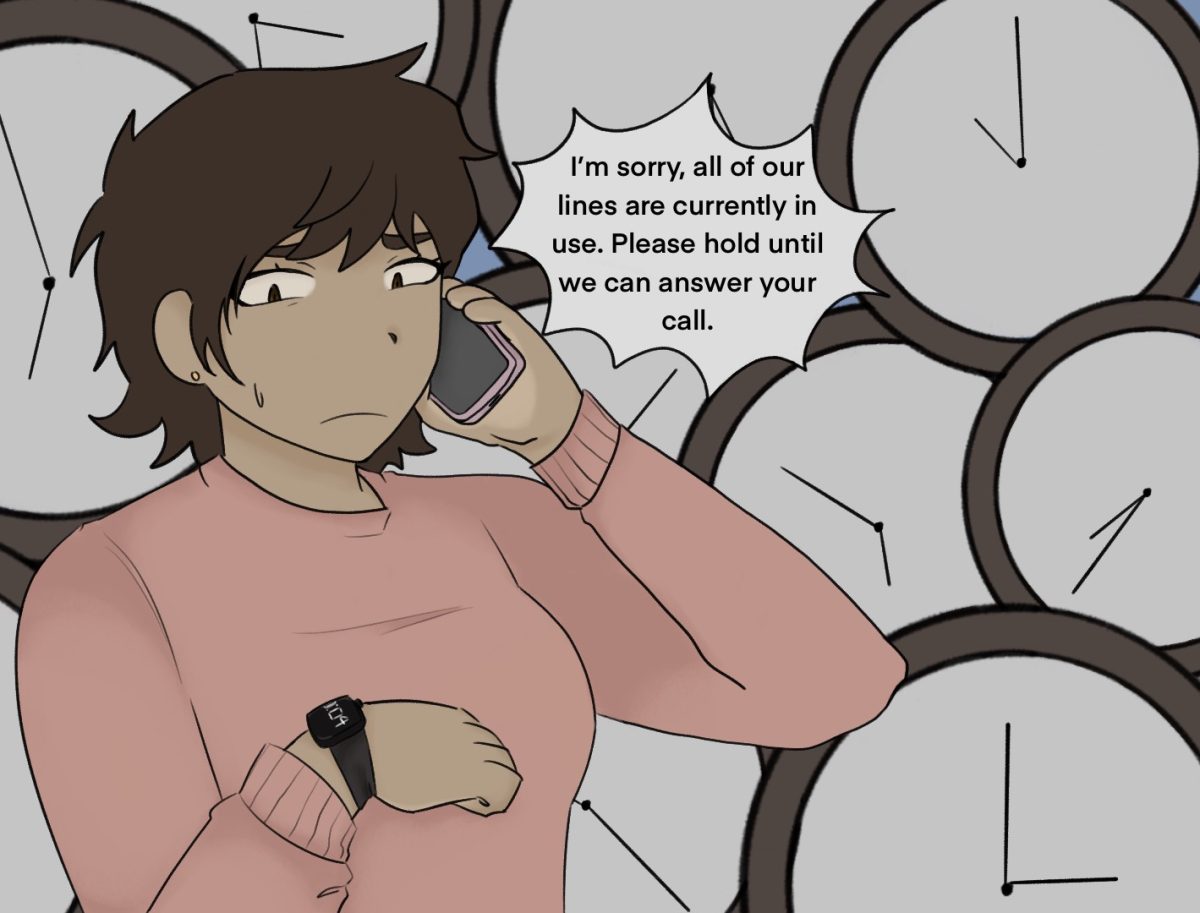According to 2005 Kaiser Foundation estimations, costs have grown at roughly 7 percent per year and employer health premiums have gone up 68 percent.
Supporters of universal health care are upset.
They are putting up with high costs, massive spending rates and the power of insurance companies, but also keep reminding people about the estimated 45 million Americans are without insurance.
The suggested solution is a reconstructed and more organized health system, providing quality care for all Americans.
Universal health care supporters have not only ignored the consequences of universal care worldwide, but have also misunderstood some important facts of the American situation to make their case.
According to David Gratzer, Manhattan Institute analyst, 49 percent of people who do not have insurance earned more than $50,000 and could afford private coverage.
Only 8 million either cannot afford health care or do not have any at all.
The figure is not as high as universal health care supporters suggest and could be managed without the huge costs of a universal health system.
If someone really wants coverage, he or she could find a way to get it without the aid of universal health care.
People who support universal health care in America argue that we should catch up with the rest of the world.
Survival rates in the U.S. beat those in Britain by 20 to 40 percent for certain ailments specifically for types of cancer, James Bartholomew, columnist for the British Spectator, said.
“In Britain, 36 percent of patients have to wait more than four months for non-emergency surgery. In the U.S., a small 5 percent do,” Bartholomew said.
American patients also get to see specialists in certain areas compared to Britain’s 40 percent of cancer patients, he said.
People in the U.K. don’t see cancer specialists.
“Waits for treatment often exceed three months, productivity has suffered and specialists are in short supply,” David Hogberg, writer for the National Public Policy Research in Sweden said.
In Canada, they are known for long wait lists, shortages in medical technology such as MRI scanners.
Many states are retreating from universal health care and looking to the market.
It is a good idea to retreat as well.





